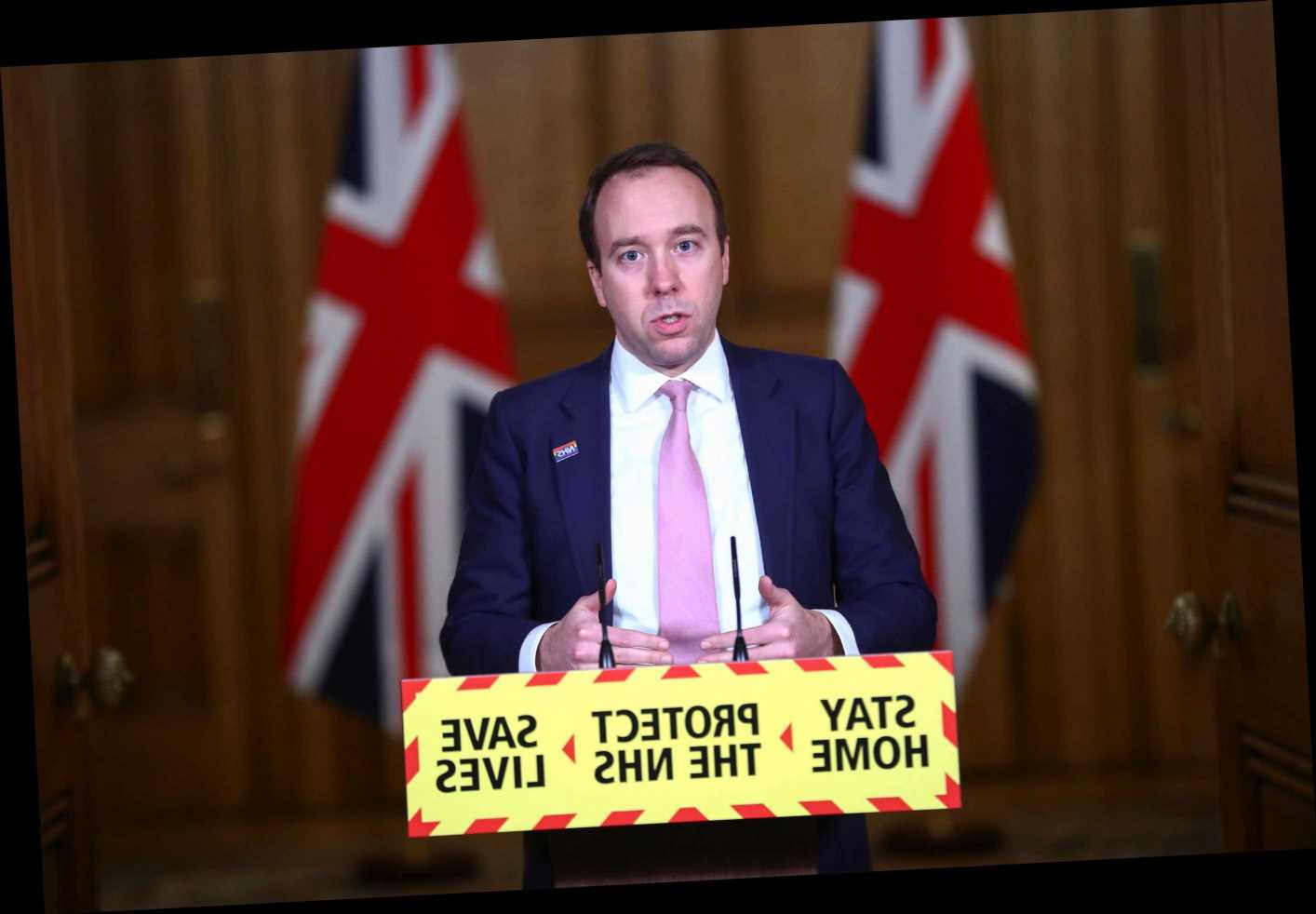- Very few people have had confirmed, allergic reactions after being vaccinated.
- New CDC data released Friday shows that just 10 people who've gotten Moderna's vaccine in the US have had severe (anaphylactic) allergic reactions, among more than 4 million shots delivered.
- The CDC recommends that people who do have an allergic reaction to a first dose of COVID-19 vaccine should not get their second shot.
- Visit Business Insider's homepage for more stories.
The odds of having a severe allergic reaction after receiving Moderna's COVID-19 vaccine are looking incredibly slim.
On Friday the Centers for Disease Control and Prevention released its first comprehensive trove of data detailing how many people have had confirmed allergic reactions after getting Moderna's new shot.
Among more than 4 million doses of the vaccine that were administered nationwide from December 21 to January 10, just 10 people reported confirmed cases of anaphylaxis after vaccination, which is a severe allergic reaction requiring administration of epinephrine. That rate of anaphylaxis cases is 2.5 per million.
An additional 43 vaccine-takers had less severe nonanaphylactic allergic reactions, with symptoms including itching (especially in the mouth and throat), rashes, and "sensations of throat closure."
There have been no reports of death so far, and patients have generally recovered well after these allergic reactions, though five of the 10 severe cases had to be admitted to intensive care first. (Pfizer's new COVID-19 vaccine, too, has been very rarely associated with severe allergic reactions.)
Read More: Why America's vaccine rollout was a total disaster — and what it means for the next few months
10 women have had severe, allergic reactions to the Moderna vaccine
All of the confirmed cases of anaphylaxis after administration of Moderna's shot so far were in women, which isn't a huge surprise when you consider that most of the non-elderly people who've been vaccinated so far are healthcare workers, an industry which is 76% female in the US.
In addition, according to CDC data, more than 2.4 million woman have gotten Moderna's shot, compared with 1.4 million men (an additional 125,000-plus people who got Moderna shots didn't record a sex.)
Most of the anaphylactic reactions happened within just minutes of vaccination. Only one of the ten cases took longer than 30 minutes to present, post-vaccination:
For these reasons, the CDC is recommending that all vaccine sites have doses of epinephrine on hand, and that people who get vaccinated should wait 30 minutes at the vaccine site before heading off, just in case something happens.
"It's important that anybody who has had anaphylaxis talk to their vaccinator about that, and make sure that if they choose to be vaccinated, they wait the 30 minutes," Dr. Thomas Clark, who's been tracking allergic reactions after vaccination at the CDC, told reporters earlier this month.
Nine of the 10 patients who had severe, allergic reactions after Moderna's shot had a history of allergies, and the most common allergies among them were to drugs (six patients). Just one patient with a severe reaction after vaccination had a food allergy.
"You know, many, many people with histories of allergies were vaccinated uneventfully," Dr. Clark added.
People who do have an allergic reaction after their first shot of Moderna or Pfizer's vaccine should not get their second dose, the CDC says.
If you have a story about the coronavirus pandemic you’d like to share, email us at [email protected].
Get the latest coronavirus business & economic impact analysis from Business Insider Intelligence on how COVID-19 is affecting industries.
Source: Read Full Article


